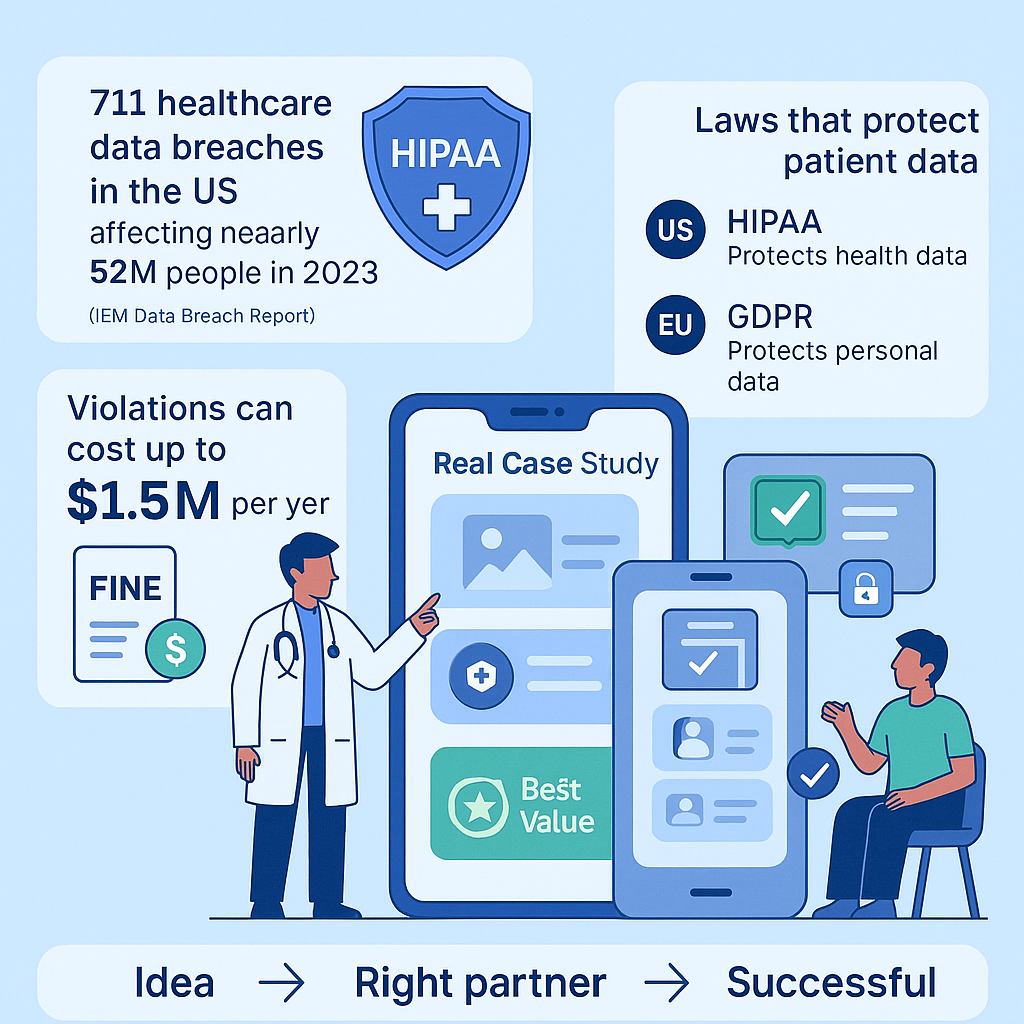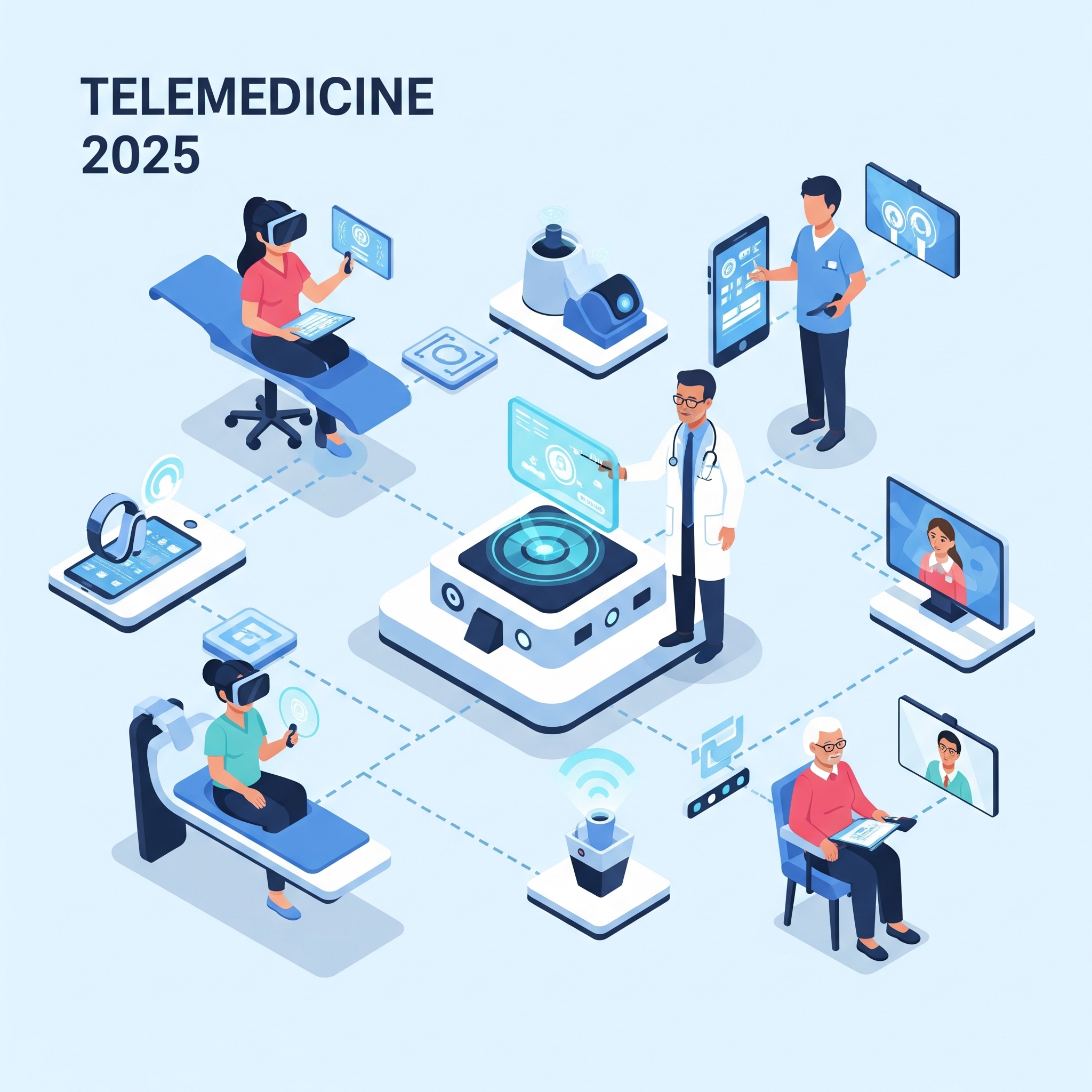Why HIPAA Compliant Software Development Is Important

Strong 8k brings an ultra-HD IPTV experience to your living room and your pocket.
Did you know that in 2023, there were 711 healthcare data breaches in the United States, impacting nearly 52 million people? These numbers show just how critical it is for healthcare organizations to focus on HIPAA compliant software development. HIPAA, which stands for the Health Insurance Portability and Accountability Act, is a US law designed to protect sensitive patient health information. When companies and developers build healthcare apps or websites, they must follow strict HIPAA rules to keep this information safe. If they don’t, the consequences can be severe-organizations can face fines of up to $1.5 million per year for each violation.
The rise in healthcare data breaches is not just about numbers-it’s about real people whose private health details could be exposed or misused. In fact, the severity of breaches has increased: 2023 saw a record-breaking 168 million healthcare records exposed, with the largest single breach affecting over 11 million individuals. This reality highlights why HIPAA compliant software development is more important than ever. Developers must take steps such as encrypting all health data, using strong access controls, and regularly monitoring systems for any suspicious activity. These measures help protect patients and build trust in digital health solutions.
But it’s not just the United States that cares about privacy. In Europe, the General Data Protection Regulation (GDPR) is a similar law that protects personal data, including health information. While HIPAA focuses specifically on health-related data in the US, GDPR covers all personal data for individuals in the European Union. Both laws require organizations to use strong security measures, respond to data breach incidents quickly, and provide training to staff about data privacy. For example, GDPR also requires organizations to appoint a Data Protection Officer and conduct regular data protection impact assessments, especially when dealing with sensitive health data.
If you want to learn more about how GDPR applies to healthcare technology, you can read this helpful guide: GDPR-Compliant AI in Healthcare. Both HIPAA and GDPR share the goal of keeping patient data private and secure, though their requirements and scope differ. For instance, GDPR gives individuals the right to have their data deleted (“right to be forgotten”), while HIPAA does not. However, both require organizations to notify affected individuals if a data breach occurs, and both place a strong emphasis on limiting who can access personal or health data.
Let’s look at a real-world example. A hospital wanted to create a new app that would let doctors and patients chat securely and share test results. The software development team made sure the app followed all HIPAA compliant software development best practices. This included using strong encryption for all communications, setting up role-based access controls so only authorized users could view sensitive information, and keeping detailed logs of all data access and changes. They also trained staff on how to use the app safely and what to do if they suspected a data breach. By taking these steps, the hospital not only protected patient data but also built greater trust with users, showing that privacy and security were top priorities.
In summary, as healthcare data breaches continue to rise in both frequency and scale, HIPAA compliant software development is essential for any organization handling patient information. By following strict security measures, learning from global privacy laws like GDPR, and focusing on both technology and human factors, healthcare providers can keep patient data safe and maintain the trust of those they serve
Note: IndiBlogHub features both user-submitted and editorial content. We do not verify third-party contributions. Read our Disclaimer and Privacy Policyfor details.



